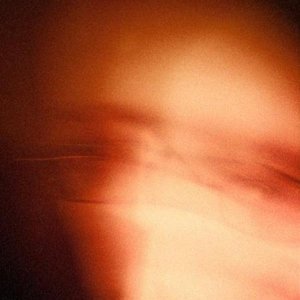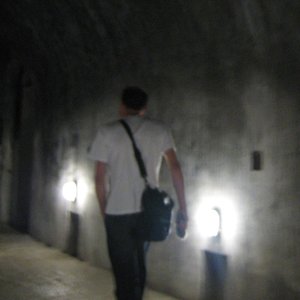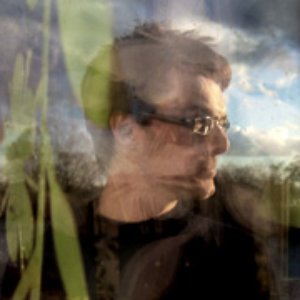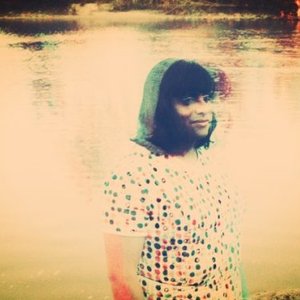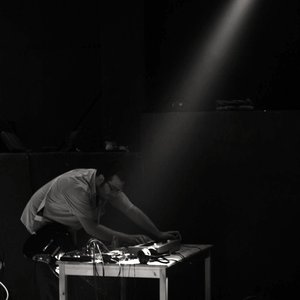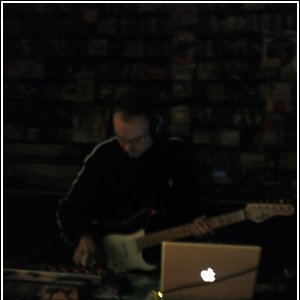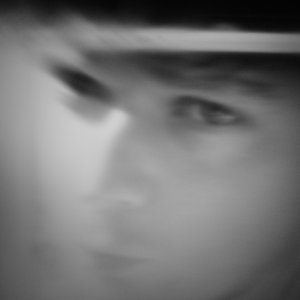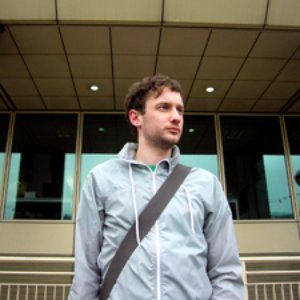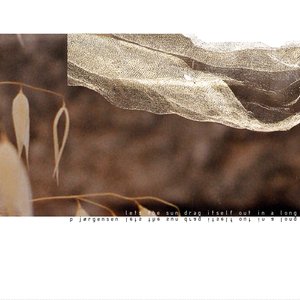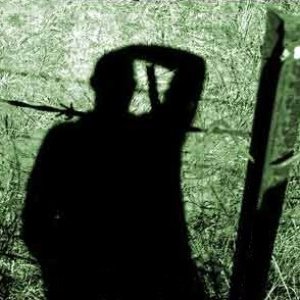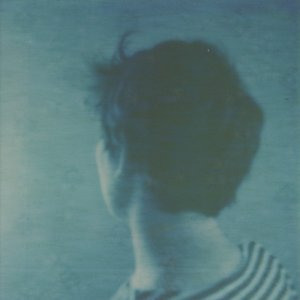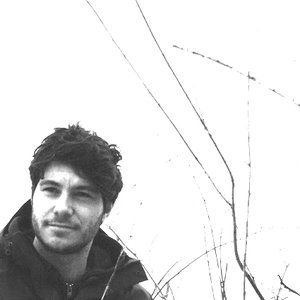Biography
-
Born
8 August 1965 (age 58)
-
Born In
Nijmegen, Gelderland, Netherlands
This seems like a fairly logical collaboration: the rapaciously productive Rutger Zuydervelt goes head to head with that long-standing icon of the Dutch avant-garde, Frans De Waard, a veteran of Kapotte Muziek, Goem and Beequeen among other notable experimental outfits. In fact, it was in De Waard's Vital Weekly review mailout that I first encountered Machinefabriek. It was surely only a matter of time before these two figureheads of the Low Countries' electronic music scene found time to collaborate. The starting point for this record came from a ninety-second recording of solo lapsteel improvisation by Martin Luiten. This performance in its untreated form kicks off the disc, constituted from a few simple glissando chord sequences, with a faint whiff of detuned, microtonal slipperiness undermining the essentially quite rigid, simple formula. The remainder of the album is made up by two pieces, each around the twenty-minute mark and featuring the joint efforts of the Freiband and Machinefabriek, who comprehensively morph and deconstruct their source material. The first of these re-compositions comes under the ultimate supervision of De Waard, while Zuydervelt oversees the final mix on the latter, which betrays some of the Machinefabriek sonic signatures, like that low, gaseous rumble present in so much of his work and the crisp high frequency definition that penetrates any potential murk. In its closing stages you'll hear the original lapsteel recording emerging from the hushed electronic tones, processed in such a fashion as to appear and disappear in a kind of ambiguous, disordered fashion. De Waard doesn't really deviate too far from this narrative but sustains a greater bandwidth over his twenty-minutes. The panning modulations in the opening stages sound like some interstellar broadcast picked up at Jodrell Bank, before it all gives way to eruptions of noise and twitchy outbursts of rubble-like low frequency motion. Around the halfway mark the piece stabilises with a kind of floating melodic haze before firming up for a terser, more crunching glitchscape taking the track into its lapsteel crescendo. De Waard isn't nearly as delicate with the source material as Machinefabriek, instead pitchshifting and obliterating the sounds into a brilliant granular mess, with extreme filtering making the guitar sound like its undergone a wildly out of control wah-wah makeover.
Artist descriptions on Last.fm are editable by everyone. Feel free to contribute!
All user-contributed text on this page is available under the Creative Commons Attribution-ShareAlike License; additional terms may apply.

